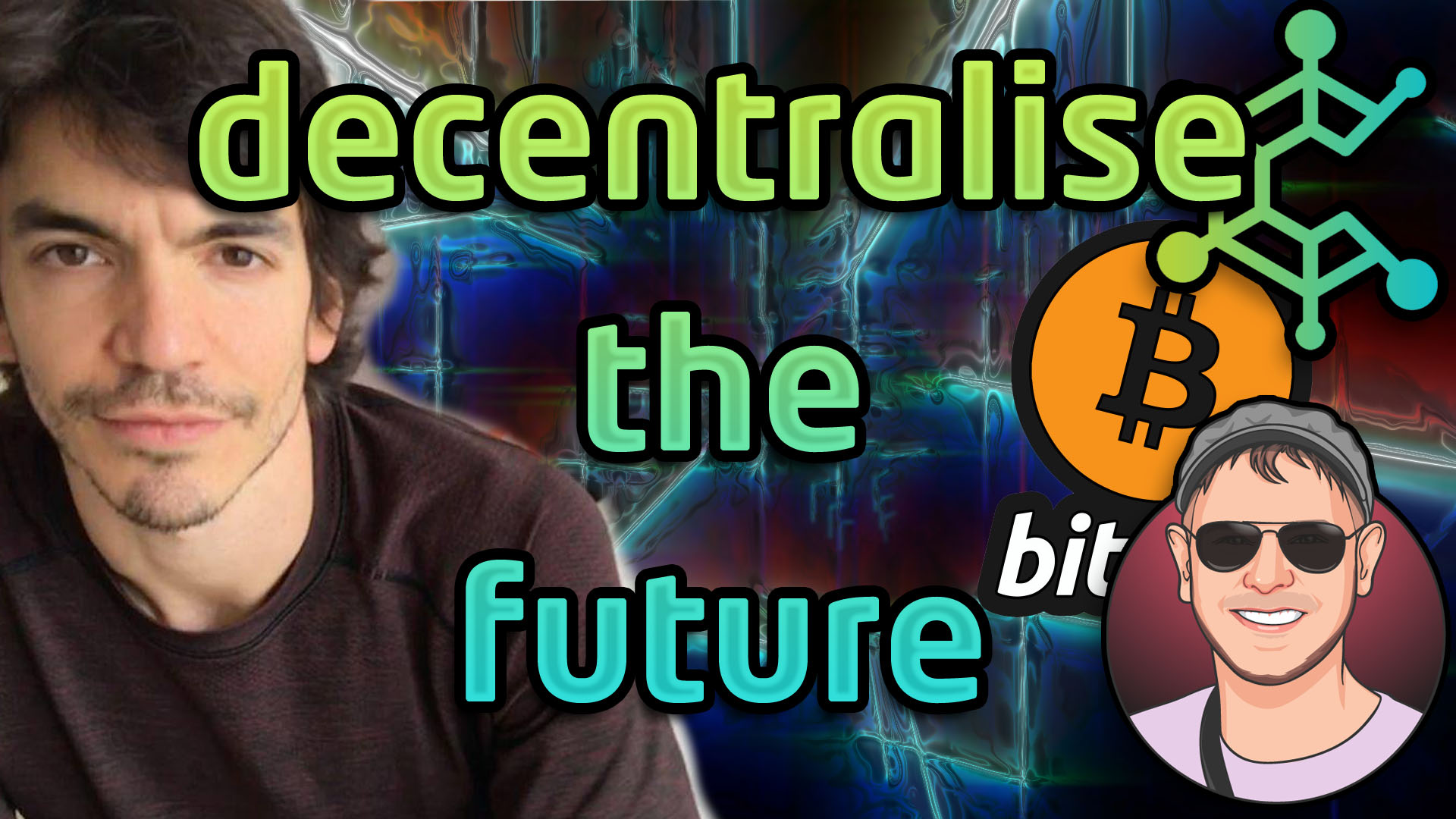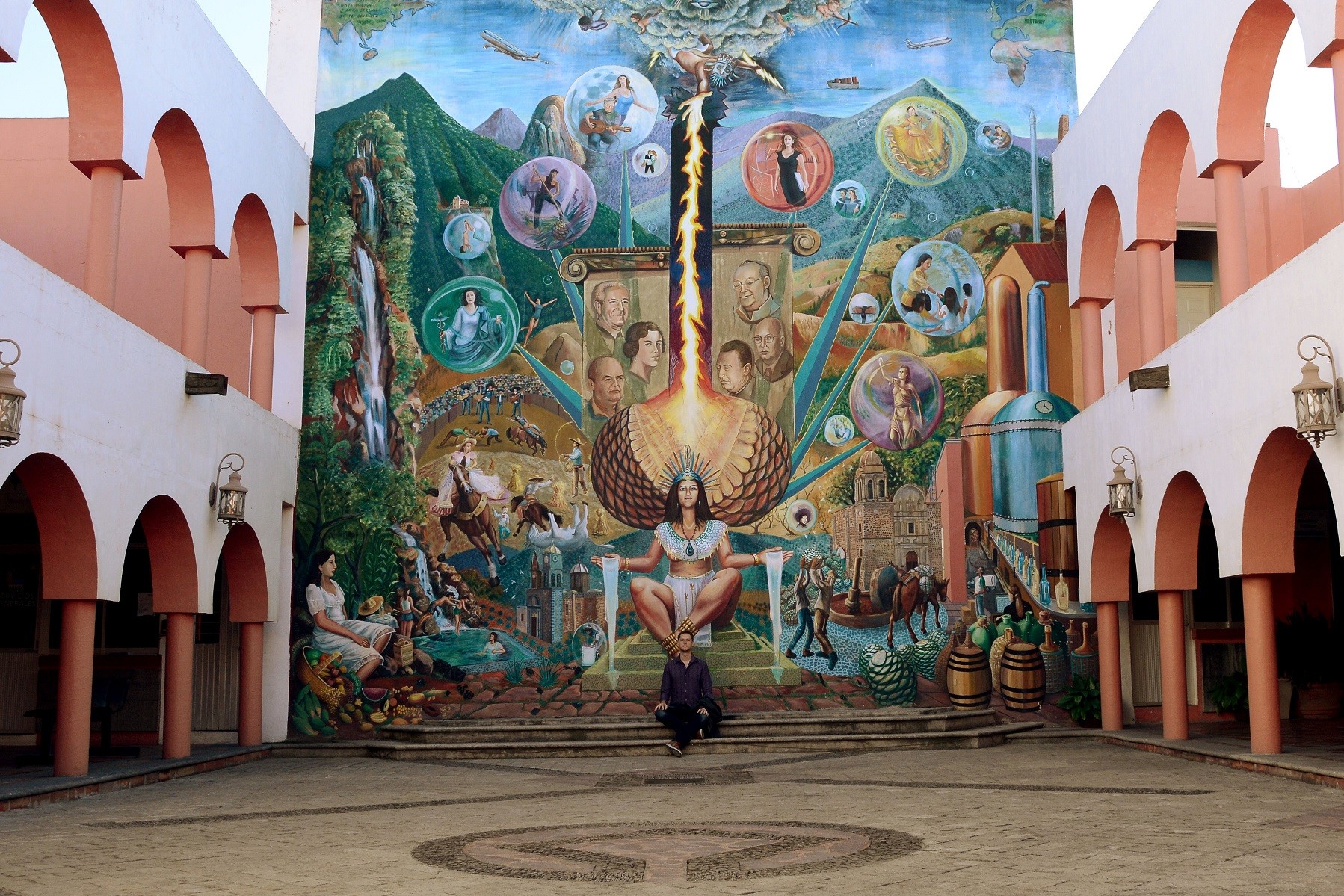
Kurt is joined again by Chris Guida, long-time Bitcoin enthusiast and co-host of The Multiversity Project. In this episode Kurt and Chris discuss the prevailing zeitgeist of capitalism and anti-capitalism, how personal development and responsibility fit into that picture, how the structure of organisations is likely to change in the future, about how companies like Google already give their employees 20% of their hours to work on whatever project they like, and how cryptocurrency enables similar experimentation with business models.
Scroll down to watch and listen to this episode of Cryptonomics!
Modern Capitalism
Modern Anti-Capitalism
However, some people in the developed world aren’t satisfied with what the market has to offer them. They feel anger and frustration, as from their perspective it seems they’ve been taken advantage of – by their bosses, by rich politicians who don’t represent them, and outdated educational institutions which don’t serve them.
You might say these young people are entitled, or even spoiled brats. Even so, there is validity to their feelings. Surely there is a better way to offer opportunities to the disenfranchised.
Future Systems
Perhaps the answer can be found in a kind of conscious capitalism. Individuals taking responsibility for those around them, creating systems that benefit their community. Clever bosses will learn that their role is not to dominate their employees, but to serve them. Companies will give greater freedom to their workers, allowing them to express themselves and also to find creative solutions.
People can move away from the dollars of central banking systems to use decentralised cryptocurrencies. They can also start decentralised autonomous organisations by creating a blockchain, or using a token on another blockchain.
To many, Bitcoin remains an oddity. They ask “But who owns it, who controls it?” And the answer is, “well, nobody really.” At least according to Bitcoin idealists, anybody can start working on it, anybody can add value, and anybody can reap the rewards. So, in a way Bitcoin is some kind of horizontal, worker-owned co-op.
Thank You
Thanks for listening, and watching, being a crypto bro or crypto sister and connecting with me on all social media. Stay grateful!
You can listen and subscribe on Anchor and other podcasting services here:
Cryptonomics – Future of Decentralised Organisations
